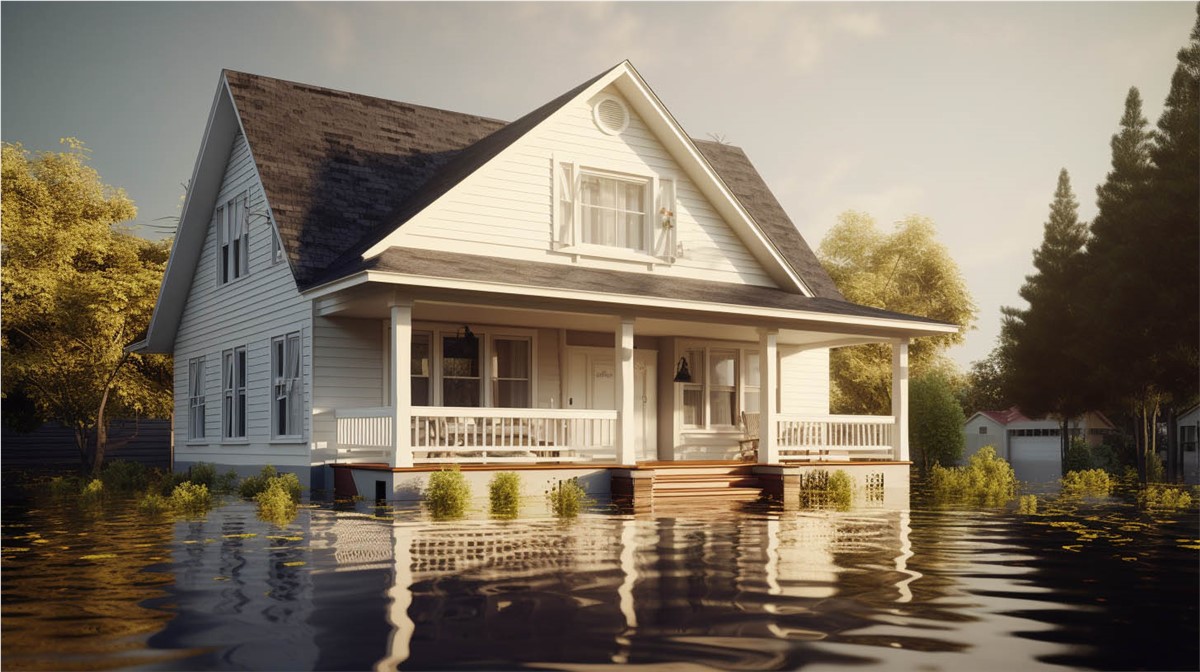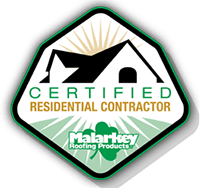
Navigating the intricacies of homeowners insurance can be a daunting task, especially when it comes to understanding what is covered and what is not. A common question many homeowners face is whether their insurance policy covers leaks. In this article, we delve into the specifics of homeowners insurance policies, focusing on leak coverage, and provide insights on how to manage such situations effectively.
What Homeowners Insurance Typically Covers
Homeowners insurance is designed to offer financial protection against a variety of risks and damages to your home. Generally, these policies cover:
Structural Damage: This includes damage to the physical structure of your home, such as walls and roofs.
Personal Property: Coverage for personal belongings within the home that may be damaged or lost.
Liability Protection: Protects against legal action from injuries or damage to others while on your property.
However, the extent of coverage can vary based on the specifics of your policy and the nature of the damage.
Leak Coverage Under Homeowners Insurance
When it comes to leaks, the coverage largely depends on the source and cause of the leak. Typically, homeowners insurance covers leaks that are sudden and unforeseen. For instance, if a storm damages your roof, leading to a leak, this is usually covered. However, if a leak is due to wear and tear or lack of maintenance, it might not be covered.
Scenarios Where Leaks are Covered
Sudden Accidental Damage: If a leak is caused by a covered peril, such as a storm or accidental pipe burst, it's typically covered.
Vandalism or Malicious Mischief: Damage caused by vandalism that leads to leaks is usually covered.
Scenarios Where Leaks are Not Covered
Neglect or Wear and Tear: Gradual damage due to aging or lack of maintenance is often excluded.
Intentional Damage: Any damage caused intentionally by the homeowner is not covered.
Steps to Take When You Discover a Leak
Immediate Action: Minimize the damage by controlling the leak. Use buckets, towels, or other materials to catch water.
Document the Damage: Take photos and make a list of damaged items. This will be crucial for your insurance claim.
Contact Your Insurance Company: Report the incident as soon as possible to start the claims process.
Professional Assessment: Have a professional assess the damage. As roofing contractors in Portland OR, KVN Construction can provide an expert evaluation of the damage and necessary repairs.
Preventative Measures to Avoid Future Leaks
Regular Maintenance: Regular inspections and maintenance can prevent leaks. This includes checking for missing or damaged shingles and ensuring gutters are clean and functional.
Professional Inspections: Having a roofer in Portland inspect your roof annually can help identify potential issues before they become major problems.
Quality Repairs: If repairs are needed, ensure they are done professionally. KVN Construction, a trusted roofing company in Portland Oregon, can ensure that repairs are done correctly and efficiently.
Conclusion
Understanding the specifics of your homeowners insurance policy is crucial, especially when it comes to leak coverage. While policies typically cover sudden and accidental damage, they often exclude leaks due to neglect or wear and tear. Taking proactive steps in maintaining your home, and seeking professional help from reputable roofing companies in Portland OR, can go a long way in preventing leaks and ensuring your home remains a safe and comfortable haven.
Subscribe to KVN Construction's Blog



Comments